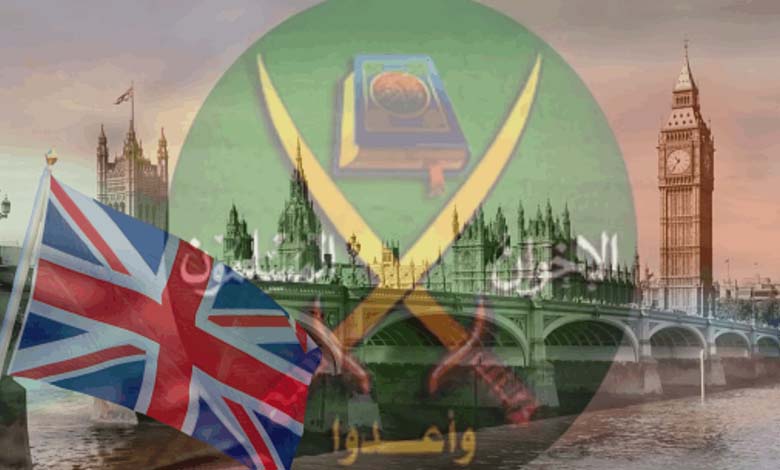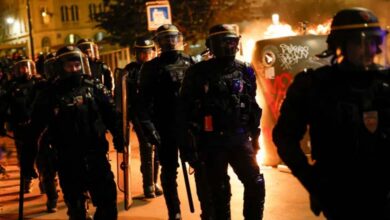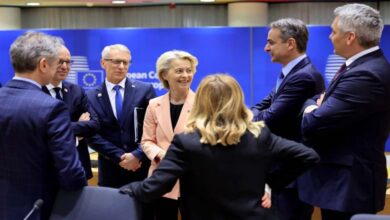Historical Support for the Muslim Brotherhood and a Platform for Violent Preachers: Is London a Hub for Extremism?

A recent report by the Egyptian outlet Al-Bawaba News reveals that the United Kingdom has allowed members of extremist groups to reside on its territory, despite the fact that they have been convicted in their home countries in terrorism-related cases. More significantly, the report alleges that Britain played a role in the emergence and development of some religious movements, which later became influential powers in their respective regions.
-
Muslim Brotherhood Divisions Worsen… Rising Conflict between London and Istanbul Factions
-
Defecting Brotherhood Member: The Group Continues its Lies with Support from Entities and Organizations in London to Undermine Egypt’s Stability
Among these organizations is the Muslim Brotherhood, which allegedly received financial support of £500 from the British colonial administration, aiming to ensure the group’s survival, reinforce its presence, and secure its allegiance to the then-occupying power—a substantial sum at the time.
According to the report, this approach turned London into a safe haven for violent and extremist groups from all corners of the globe, making it a substitute homeland for their leadership while Arab countries were actively attempting to confront and dismantle them.
-
Salah Abdulhaq Selected as General Guide for London’s Muslim Brotherhood Front… Have Brotherhood’s Attempts at Reform Failed?
-
Conflicts between the Istanbul and London fronts lead the Muslim Brotherhood to the downfall
The report further notes that most transnational extremist organizations—regardless of their ideological stance—have established alternative headquarters in the UK, ranging from the Muslim Brotherhood to more hardline groups such as the Armed Islamic Group, global Jihadist factions, and various militant Salafi movements advocating violent change.
One striking example dates back forty years, when a banner declaring “Headquarters of the Islamic Caliphate” was hoisted on a building in London inhabited by several leaders of extremist groups. These individuals justified their action as a symbolic gesture of repentance to God, claiming that by raising the banner they had contributed to the establishment of an Islamic Caliphate—even if only by symbolic means on European soil.
-
Anniversary of January 25: How 14 Years of Divisions Have Disrupted the Mind of the Muslim Brotherhood
-
Financial Conflict and War of Accusations: A New Chapter in the Collapse of the “Muslim Brotherhood”
The report also highlights the danger of certain international policies that involve engaging with or leveraging extremist organizations to pursue strategic interests. Such strategies, it warns, hinder global efforts to combat terrorism, particularly in its transcontinental and cross-border forms.
These extremists have openly called for armed struggle, using terms like jihad and Islamic caliphate, and have produced tens of thousands of sermons and materials promoting violence and bloodshed. Nonetheless, the United Kingdom, according to the report, continued to provide these individuals with a broad platform and freedom to operate within its territory.












